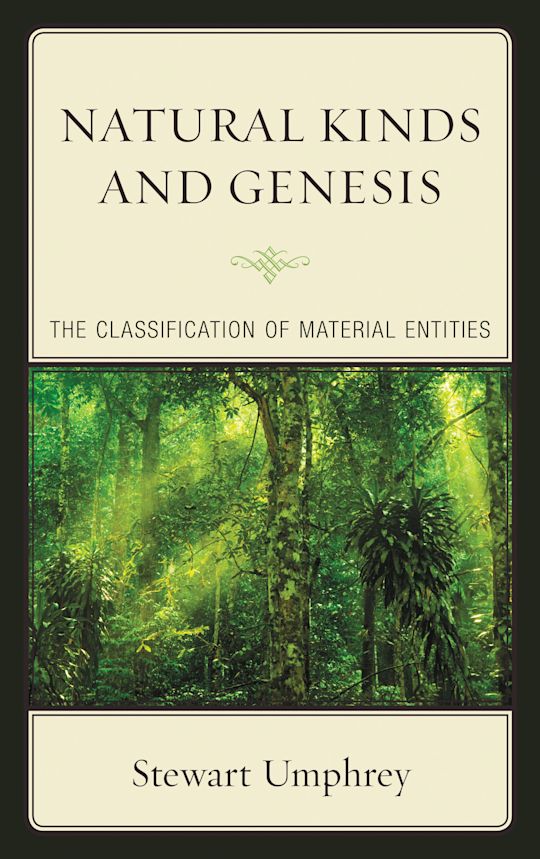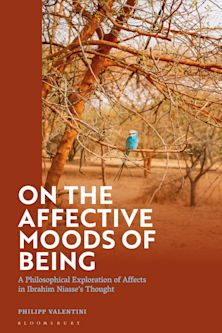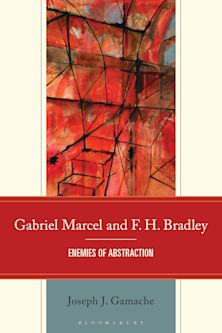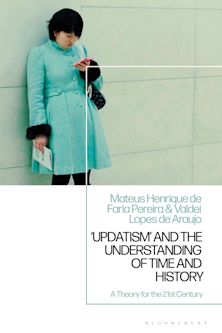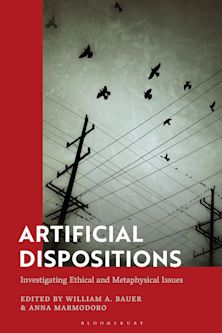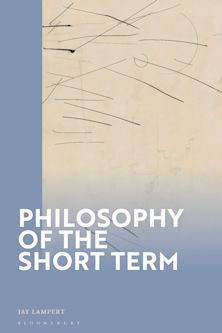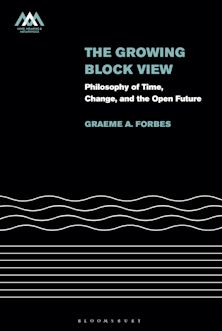- Home
- ACADEMIC
- Philosophy
- Metaphysics
- Natural Kinds and Genesis
Natural Kinds and Genesis
The Classification of Material Entities
Natural Kinds and Genesis
The Classification of Material Entities
This product is usually dispatched within 1 week
- Delivery and returns info
-
Free US delivery on orders $35 or over
You must sign in to add this item to your wishlist. Please sign in or create an account
Description
In Natural Kinds and Genesis: The Classification of Material Entities, Stewart Umphrey raises and answers two questions: What is it to be a natural kind? And are there in fact any natural kinds?
First, using the everyday understanding of things, he argues that natural kinds may be understood as classes or as types, and that the members or tokens of such kinds are individual continuants. A continuant is essentially a being-in-becoming, a material thing which changes and yet remains the same, in virtue of its nature or essence, as long as it exists. In the primary sense of the term, then, a natural kind is a class whose members closely resemble one another substantially, in virtue of their essences. Alternatively, it is a type whose tokens exemplify it in virtue of their essences.
To answer the second question, one must make use of relevant scientific theories as well. Umphrey agrees with scientific essentialists that there are natural kinds, but he argues that most of the chemical, physical, and biological kinds posited in current theories are not natural kinds in the primary sense of the term. The natural-kinds realism he affirms is thus quite restricted: it requires the existence of enduring things which closely resemble one another in virtue of their essences, and such things exist, apparently, only if they have come into being, or emerged, in the course of symmetry-breaking events.
Natural Kinds and Genesis will be of interest to philosophers of science and to those interested in the metaphysics of natural kinds and their members.
Table of Contents
2. Back to Nature
3. Universals and Particulars
4. Continuants
5. Natural Kinds
6. Physical Kinds
7. Biological Kinds
Epilogue
Bibliography
Product details
| Published | Aug 22 2016 |
|---|---|
| Format | Hardback |
| Edition | 1st |
| Extent | 186 |
| ISBN | 9781498531412 |
| Imprint | Lexington Books |
| Illustrations | 1 b/w illustrations; 2 tables; |
| Dimensions | 9 x 6 inches |
| Publisher | Bloomsbury Publishing |
About the contributors

ONLINE RESOURCES
Bloomsbury Collections
This book is available on Bloomsbury Collections where your library has access.









